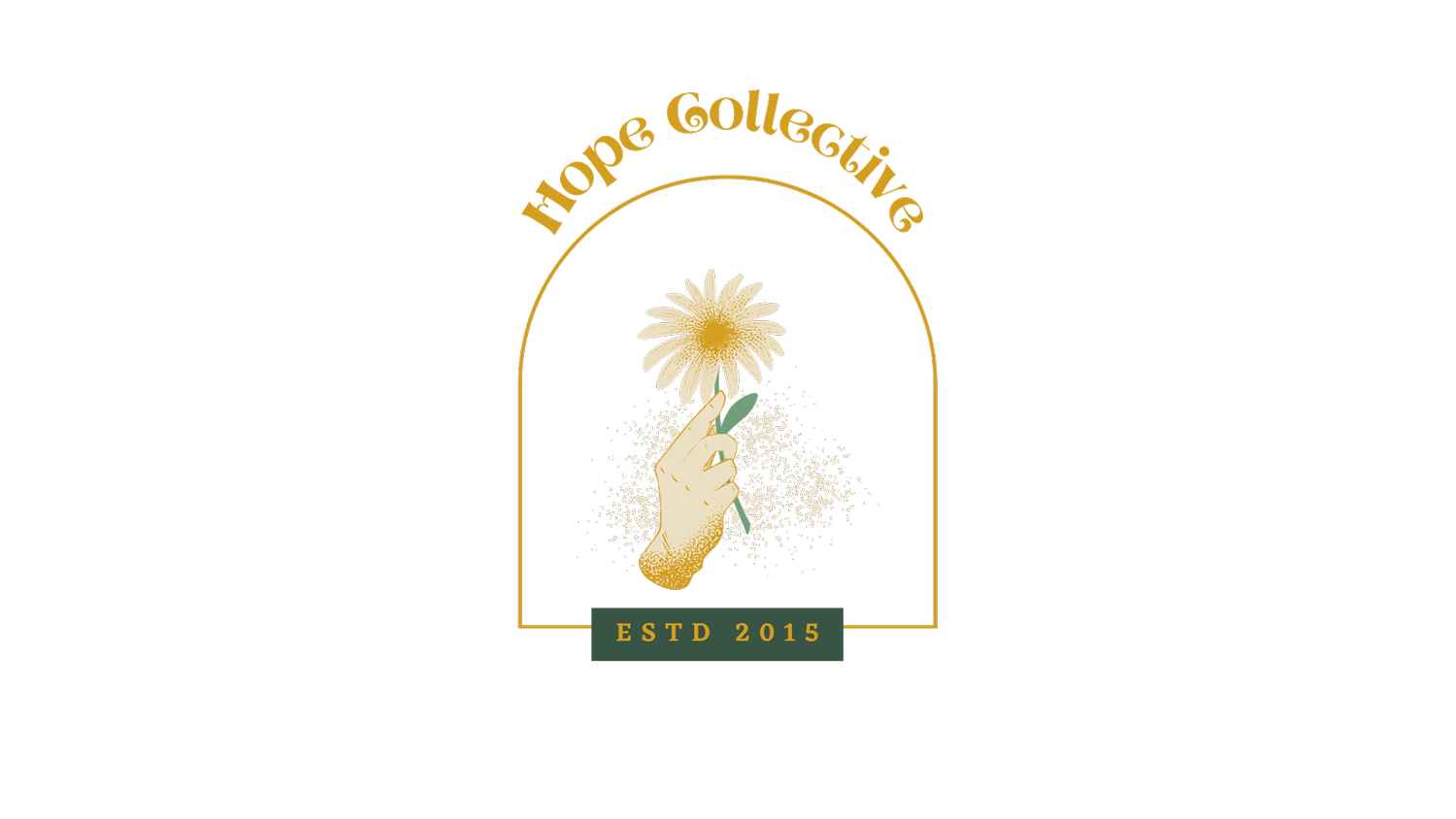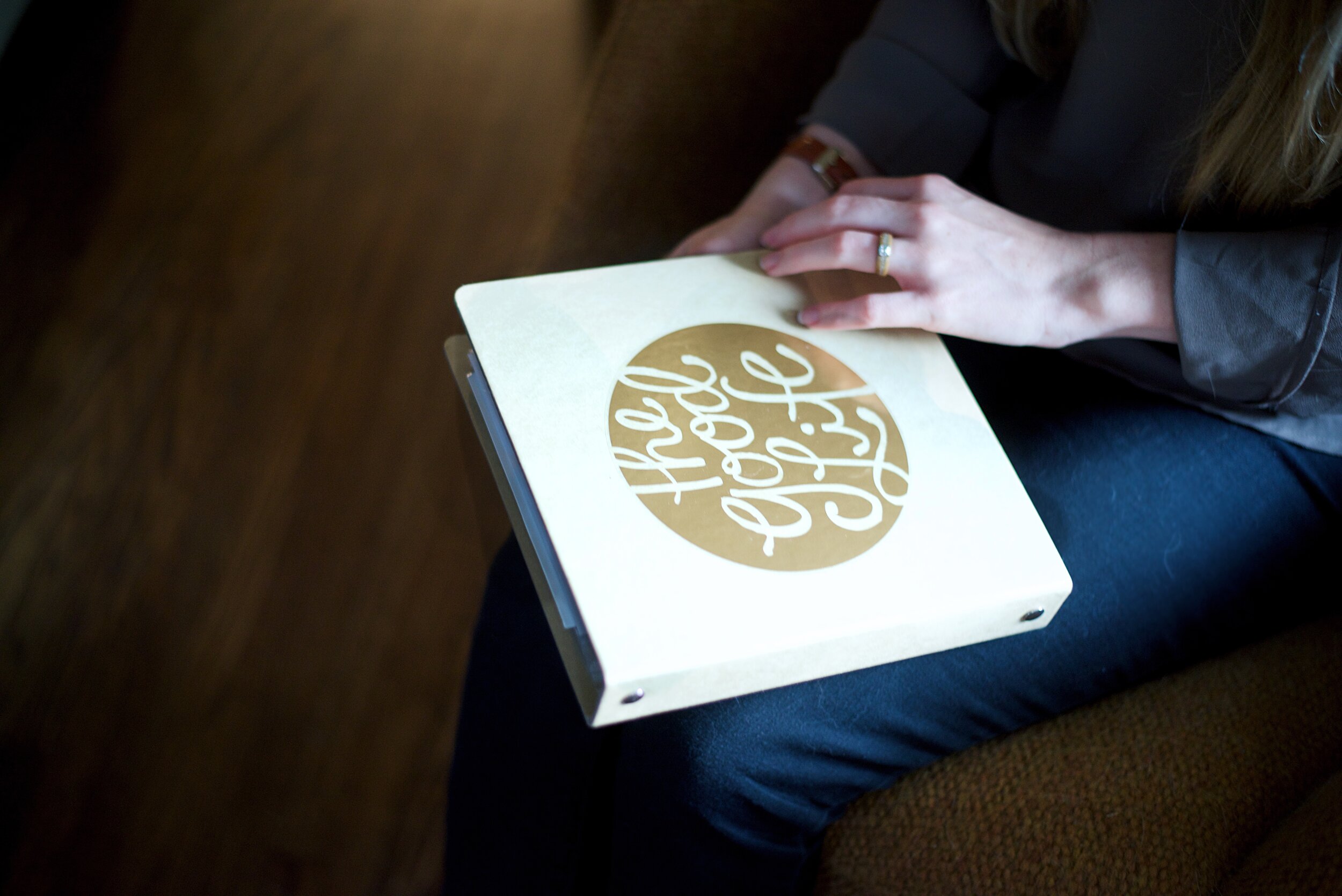When my beautiful friend Katie told me that light therapy had helped heal her trauma and related behaviors, I was more than a bit skeptical. You're telling me a shade of blue helped you overcome your trauma and pain??? I could hear the twilight theme song in my head... ETT or Emotional Transformation Therapy (Vasquez, 1991) is a type of therapy that uses peripheral eye movement and hues of color to heal the fractures in the brain caused by traumatic somatic or interpersonal events.
Here is why I tried it…
I have seen those around me who I trust and who have served the same sentence of grief and loss as me, be transformed, find hope, and begin to trust they can have happiness without the looming fear of losing a loved one again. I wanted that, I wanted to be free from the chains of grief ignored. I started on my journey about 4 years after my father's sudden death. I became desperate for relief from the growing anxiety and fear of losing everyone I loved. I had chosen to cope with apathy, and had been and still struggle with low grade depression and lack of motivation. Getting out of bed was now an obstacle and I felt subconsciously, what’s the point if we all meet our end? I cannot escape the painful knowledge that all those I love cannot avoid an end. My anxiety began to bleed into parts of my life where I was completely safe, panicking at work, wanting to stay home instead of go out because of the “what ifs”. Thinking thoughts like,“what if me wanting to take this trip in the mountains makes something terrible happen to us, it would be my fault because I know the risk. If you are like me who is still working to overcome this, you may find hope in healing your brain through light. I know, I know.. Hear me out.
A little Science…
Dr Steven Vasquez (1991) developed the ETT theory (Emotional Transformation Therapy) and model using various realms of science for example, neurobiology, quantum physics, and optometry (Good Therapy, 2016). Basically when the brain goes through a traumatic event to self preserve, it splits and compartmentalizes the pain to protect itself. This pain is often stored in different compartments of the brain (Vasques, 1991). This made sense to me considering I would see an animal commercial and feel grief or feel anger instead of sadness at an unexpected or unwanted ending of a movie made me feel emotions I was desperately trying to sleep through. I began to cut out whatever would make me feel so that I did not have those pesky “surprise” emotions or I would stop doing things I love so I would not feel anxiety. I began to numb out and escape, the joy of life fading with sleep and monotony. With almost 30 years of research there has been shown a very positive correlation with ETT and rapid healing from traumatic somatic or interpersonal events.
Bring it home..
I remember exactly where I was and how I started to drown in my emotions when I found out my dad had passed away. It was sudden and he was gone before any of us even knew something happened to him. I was planning my wedding and was overwhelmed with what felt like a robbery of what was supposed to be mine. I was supposed to have my dad walk me down the aisle. In more recent events, with the tragic and senseless murder or George Floyd, the global pandemic, and the daily stresses and fears of being a new mother, I have felt an overwhelming sense of depression. My dad was supposed to be there for the birth of my daughter. Before I was pregnant I had started receiving ETT therapy and it was apparent within moments of my first session that this method was a game changer. I felt hope not only that I could survive loss but that I could feel joy and start to risk again, that I could start to participate with my life and live again. I stopped while I was pregnant because I became severely sick until the end of my pregnancy but started again after to help battle the gloom of postpartum depression. Almost 8 months into my being a mother and I adore our Lydia but I have struggled deeply. My fear of losing my daughter in any way choked the motivation of daily life right out of me. I began ETT and experienced immediate results for my struggles. I am beginning to connect with my body and spirituality in a new and fresh way, I can feel God again, I can experience peace and Godly motivation. I can have trust again.
A Word Of Caution:
This is my research (which I will link below) and my experience. I feel that ETT has completely changed my brain and life but therapy and therapists are like a pair of shoes, they must fit. Be aware that if you struggle with seizures, this may not be for you, I am not a therapist nor am I a doctor so always consult before you jump in. Be aware it is ok for a type of therapy to not be “the one”. If you are dealing with the pain of loss, be gracious with yourself and give this a try, if not, healing is out there and our savior has it in store for you.
We were not promised forever, or that everyday would be utopia, ice cream, and unicorns, but there is hope for a better day if you have struggled with loss like I have, I only wish you success and integration as we journey together toward true peace and wholeness. May we live after experiencing someone die. Reach out for more information and resources. With love and abundance,
-Whit Chrisman
B.A. in Transformational Ministry , M.A. in Psychology
Whitney Chrisman
Hi, I am Whitney and my passion is people and their behaviors. I have a side passion for decor and environmental mastery. I have the joy of being the mother of Lydia Marie and lover to my husband, the person who knows the deepest parts of my being. I look forward to mastering the art of being with you.
wtyler991@gmail.com
Good Therapy, 2016 : Emotional Transformation Therapy (ETT) retrieved from: https://www.goodtherapy.org/learn-about-therapy/types/emotional-transformation-therapy
A New Paradigm for PTSD Treatment: Emotional Transformation Therapy™ by Steven Vazquez, Ph.D. Retrieved from: https://ettia.wpengine.com/wp-content/uploads/2017/05/A-New-Paradigm-for-PTSD-Treatment-ETT.pdf
Vazquez, S. R. (n.d.). Peripheral Light Stimulation for Rapid Emotional, Somatic and Transpersonal Regulation. Subtle Energies & Energy Medicine, 16(3). Retrieved from: https://journals.sfu.ca/seemj/index.php/seemj/article/viewFile/58/46



















